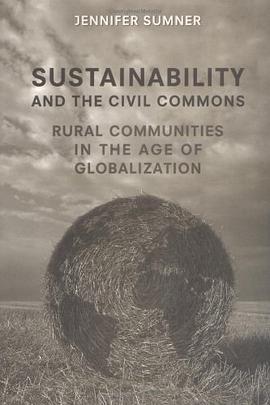

具體描述
The acclaimed American sociologist and cultural philosopher Philip Rieff gained great academic prestige with his thesis on the emergence of 'Psychological Man' in western culture and with his classic book, Freud: The Mind of the Moralist, published in 1959. In this work and the later The Triumph of the Therapeutic (1966) he not only offered a highly original interpretation of the work of Sigmund Freud, but critically evaluated the enormous influence of psychotherapeutic thinking on Western culture. However, Rieff's later work on the theory of culture did not garner the same attention, and his most recent writings have received very little critical engagement. In Sociology and the Sacred, Antonius A.W. Zondervan sets out to remedy this neglect, arguing that Rieff's work is ripe for intellectual reconsideration.Zondervan begins by presenting an outline of Rieff's entire body of work, focussing on his theory of culture, and explaining how the sacred is a key notion, pivotal to the overall understanding of Rieff's work. The author argues that the present upsurge in religion, in many varieties throughout the world, cannot be explained by the classical secularization-thesis, making Rieff's theory of sacred order in culture an essential contribution to a new social theory of religion.Including material from personal interviews with Rieff that enabled Zondervan to clarify important aspects of his work, Sociology and the Sacred is an essential contribution to the understanding of contemporary culture's maintenance of its ties to religion.
著者簡介
圖書目錄
讀後感
評分
評分
評分
評分
用戶評價
相關圖書
本站所有內容均為互聯網搜索引擎提供的公開搜索信息,本站不存儲任何數據與內容,任何內容與數據均與本站無關,如有需要請聯繫相關搜索引擎包括但不限於百度,google,bing,sogou 等
© 2025 book.quotespace.org All Rights Reserved. 小美書屋 版权所有




















